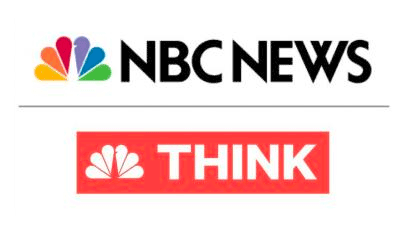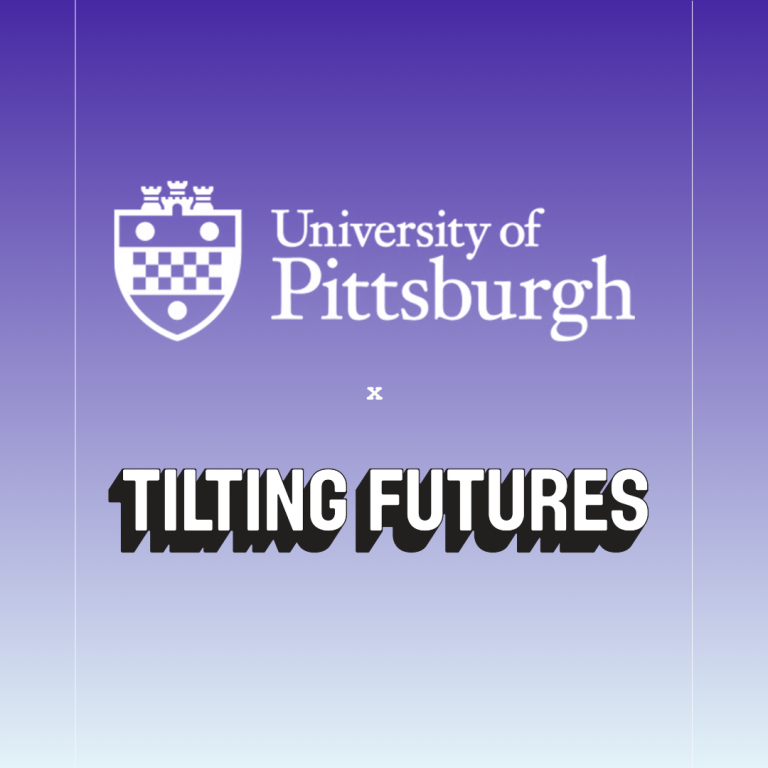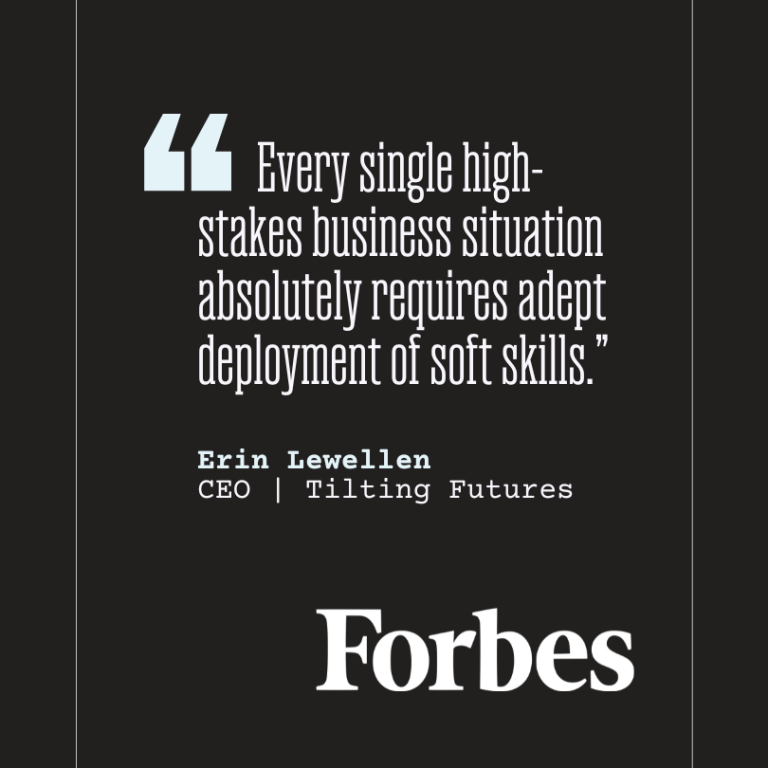Published in full by NBC
In the coming weeks, more than 2 million high school seniors who had their sights set on college for the fall will navigate a decision no graduating class before them has ever had to consider: how — and whether — to commit to attending college in the time of COVID-19. It’s a decision rife with uncertainty. Though colleges and universities are (understandably) holding off for as long as they can before formally announcing official changes to their 2020-21 school year, it is quickly becoming clear that few — if any — schools will be back to normal campus life by fall.
School leaders are working hard and fast to consider a range of contingency plans, and some colleges (from Cal State Fullerton and Stanford to Boston University) have openly disclosed the possibility of canceling in person classes until 2021. Given predictions the virus may surge in waves though the fall and beyond, it won’t be long until we see a chain reaction of institutions announcing plans for a virtual freshman year.
While universities made swift and relatively seamless moves to online instruction this spring, online lectures and seminars are, at best, a thin replacement for the depth and richness of an on-campus experience. At a moment when fewer families than ever have the means to pay for college, a flurry of new lawsuits are claiming online classes aren’t worth the tuition paid.
Over the past month, I’ve spoken with dozens of high school seniors across the United States who are now facing a very different path out of high school than they had anticipated. What I’ve heard is remarkably consistent: Young people are dismayed by a world coming apart at the seams, and motivated to play a role in building what comes next. They’re hungry for connection with peers they wouldn’t have otherwise met; context to understanding life for others around the world; inspiration from leaders they admire; and the skills to make change happen.
Few of these needs can be met through a disrupted, socially distanced, or online freshman year. Here’s my advice: College can wait.
For more than a decade, I’ve been a leading advocate for a reinvented gap year — one that’s more accessible, purposeful, and offers greater impact than our traditional associations with the term. College is the single biggest investment we make in a young person’s life and yet the vast majority of students arrive unprepared to make the most of the experience. It doesn’t have to be this way. Societies and religions alike have long recognized the power in a rite of passage between childhood and adulthood, and the data is clear: when done by design this transition can be transformational.
—
Students and parents need a new recipe to ensure that the 2020-21 school year is not a “gap,” but instead fills the gaps left by traditional classroom learning. Here are four steps to help students from all backgrounds and income levels design a meaningful gap year in the time of the coronavirus:
- Follow your heartbreak: There’s no shortage of pain and suffering in the world. Identify the cause that strikes a nerve you can’t ignore — it might be disparities in public health or education, structural racism or the climate crisis — and turn toward it. The thing that breaks your heart is the thing you must do something about. Today, there are more creative ways to engage virtually than ever before — whether you’re doing real-time translation to help refugees get medical support or making videos to drive voter registration. And as shelter-in-place orders ease in coming months, there will be ample ways to support relief and repair efforts in communities at home and around the world. If you let go of the daunting task of “finding a passion” and instead follow the thread of your curiosity, it may well lead to a calling.
- Define your questions: For the first time in your life, you have the chance to take the wheel and drive your own education. Get explicit about what you most want to learn. Make two lists of questions to answer. The first is about yourself: What gets you up in the morning when there’s no alarm clock? Who are you when you’re outside your comfort zone? What (truly) makes you happy? The second list has the questions you have about the world around you. Questions like: Why is inequality growing, despite unprecedented prosperity? What’s the role of the government in driving social change? How can we stop the next pandemic?
- Find your teachers. Based on the things you want to learn, identify what — and who — can help. Teachers take many forms. They might be old or young, traditionally “successful” or not. Follow the tug toward people whose wisdom and clarity awaken your sense of possibility, and help you become your best self. Make them a part of your curriculum, and invite them to help you answer your questions as mentors, guides and coaches.
- Recruit a crew. Identify peers you want to travel alongside and learn from on this journey. They may be kids you know from high school, or others who share your interests and convictions. Connect regularly to share your goals, triumphs and struggles, and to hold each other accountable. Commit to support each other from start to finish. You aren’t alone, you’ll be accompanied by more students than ever before who are facing a shared disruption.
Making the most of this year doesn’t require family connections or expensive travel; it requires intention, agency and commitment. None of the steps above need to cost money, and all of them leave time to find a paying job or internship for those who need to support themselves, or others, this year.
Read more at NBC.com



